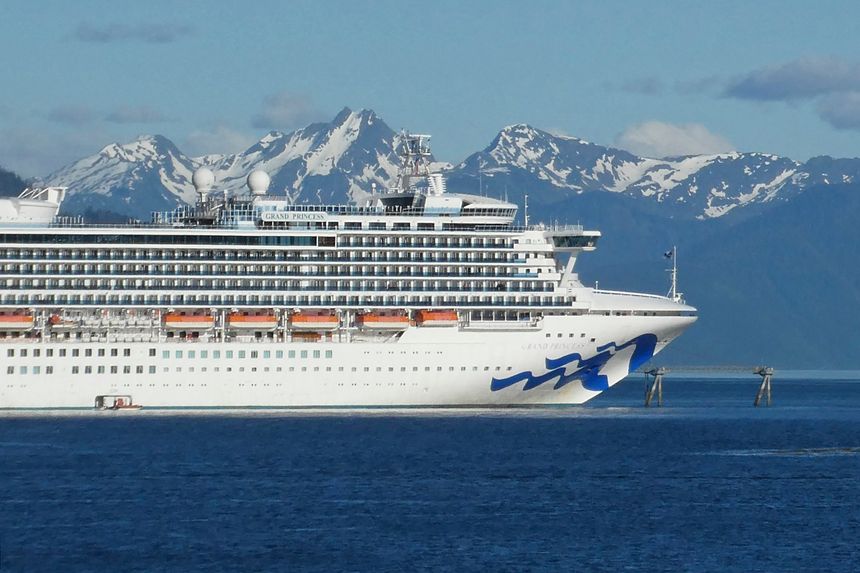
There are many perks for bartenders working on cruise ships. They may also be able to tip well and travel to new places. There is also a lot to do, including socializing and recreational activities. If you're interested in becoming a cruise line bartender, it is essential that you have the right skills.
The bartenders ensure that all beverages served on board ship are in compliance with company standards. They maintain the cleanliness of the bar area, ensure that all drink recipes are followed, and keep track of the inventory.
Bartenders perform the following tasks: preparing drinks, controlling beverage inventory, and meeting bar manager's budget targets. A bartender needs to have at least two years of experience in beverage preparation. To become certified, some bartenders will need a Responsible Beverage Service (RBS) training course. However, this certification is not required by all cruise lines.
To become a bartender, you will need to show excellent customer service, excellent communication skills, and a positive attitude. It is also necessary to be able quickly to calculate commissions or discounts, and to understand the state liquor laws.

A bartender must also be familiar with Public Health Policies. He or she will need to pass a drug test, and will need to know the company's policies and procedures. Additionally, bartenders should be able handle stressful situations without feeling stressed.
A bartender will assist the bar manager while they are onboard the ship. These tasks include making recommendations for customers, taking orders and delivering them. Sometimes, a bartender might be able to do some of these tasks themselves.
Bartenders on ships may be responsible for serving guests in their designated areas. You will need to be able to perform at a higher level if you work in a specialty bar like a wine bar or cocktail bar. Many cruise lines offer beverage packages that make it easier to handle orders.
Bartenders must be able and willing to collaborate with others. The manager and the bartender work together to create a culture of guest-focused service. This fosters repeat business, and boosts the company's profitability.
Bartenders are responsible for training and managing bar staff. Like any job, employees need to be committed and must understand the processes for each station. A wine bar worker should be able to stock the wine bar and know how to fill requisitions.

The cruise ship bartender can make a good living, but you must have a strong work ethic. Visit the cruise line website to learn more about becoming a bartender on a cruise ship. Typically, a cruise line will hire from specialized cruise job sites.
Bartenders working on cruise ships need to have at least two or three years experience. It is recommended that they are certified before they embark on their first cruise.
FAQ
What do you get on a cruise?
Enjoyment is key. Don't be afraid to have fun.
You will find many activities for everyone. There are always people who want to talk to you if your bored.
Cruising is all in the enjoyment of yourself and relaxation. It isn't about seeing everything.
There are many types of cruises available. They range from shorter trips across Europe to more extended journeys across the Pacific. The duration of the trip is determined by what you wish to accomplish during your vacation.
Are cruise ships safe?
Yes, cruise vessels are safe places to travel. Cruise ships come equipped with modern technology and security systems. Cruise ships must also comply with strict safety standards. All crew members are subject to extensive training and background checks. Onboard, passengers undergo background checks. Some cruise lines even require passengers to show evidence of vaccinations against certain diseases. If you ever have concerns about your safety while on board, contact the cruise line's customer relations department immediately.
Is a cruise a good holiday?
The best vacations are when you don't have to think about anything but relaxing and enjoying yourself. A cruise is exactly what the doctor ordered.
How does cruising work?
When you book a cruise you must pay a deposit. This deposit is usually between $50 and $100. Your balance is due 30 days before departure. Check into your cabin when you arrive at the port. You might then be able to take part in an onboard activity.
Statistics
- In addition, 10 to 15 percent gratuity is typically added to bar bills — for alcohol and soft drinks — and gratuities are applied to spa treatments. (cruiseline.com)
- For an example of savings, Royal Caribbean offers up to a 40% discount with a dining package. (travel.usnews.com)
- If you're traveling alone, you may also need to factor in a single supplement, adding up to as much as 100% of the cruise fare. (travel.usnews.com)
- You'll need to budget around $80 per person per day for this option – and an additional 18% gratuity. (travel.usnews.com)
External Links
How To
How can you plan your first cruise?
Planning a cruise can be like planning any trip. There are so many things to consider: where should you go, what activities should you include, how much money to spend, etc. When planning your first cruise, you should know some things to keep in mind if cruising is new to you. Cruises can last up to three weeks, which is why you don't want any missed! Here are some tips to make this vacation even more easy:
-
Start early. Book your cruise at least six months in advance. This way, you can get great deals and avoid crowds. You'll also have ample time to research the ship, its itinerary, ports, and other activities. There might be a great deal on airfare!
-
Pick a destination. It doesn't really matter what port you choose, just choose one that appeals. There are lots of reasons why people love cruising to different destinations. Some people love exploring cities while others enjoy relaxing onboard. Whatever floats your boat, just remember to keep in mind the type of destination you'd like to visit. A Caribbean island is a favorite choice. Alaska and Europe are close behind.
-
Book a suite. Suites offer more space, a private balcony, and other amenities. They are usually available from $100-$300 per night, depending on the size of your room and the availability of suites during your sailing date.
-
Make sure to check the weather forecast. Cruising often is associated with tropical climates. You should also check the weather forecasts of the ports on the day you plan to visit them. You should be aware of the potential dangers from the ocean, especially in Antarctica and Alaska.
-
Limit your packing to 10 items for your cruise. This means that you don't need to pack a lot of clothes and shoes in your suitcase. It's better to pack only what you actually need in small bags. You should also bring layers of clothing as you may not always have access to laundry facilities.
-
Do your homework - Before you buy tickets, read reviews online. Be sure to review their policies regarding pricing, the services they provide, as well and whether cancellation policies make sense.
-
Do not miss these must-see destinations - Make sure you visit each port at least once. Each location is unique and has its own culture. Take advantage of the many local attractions.